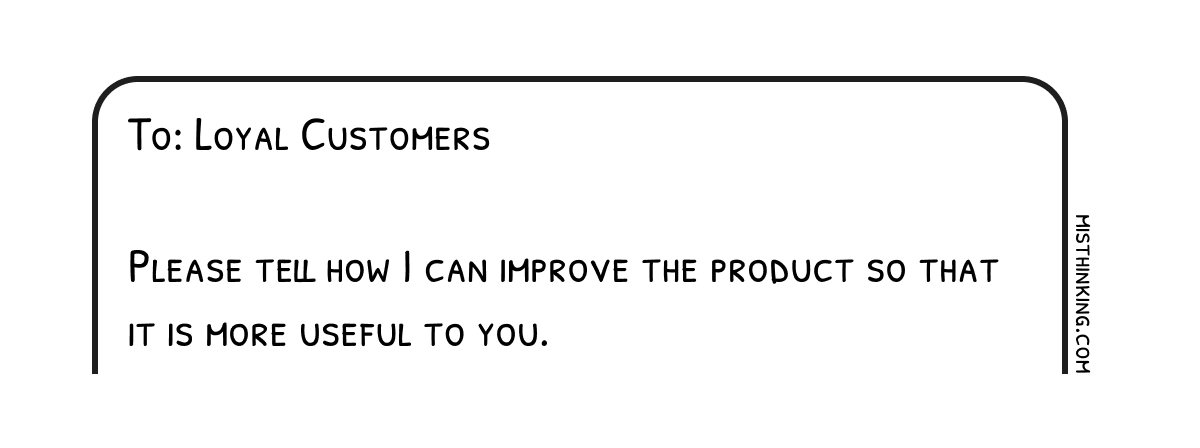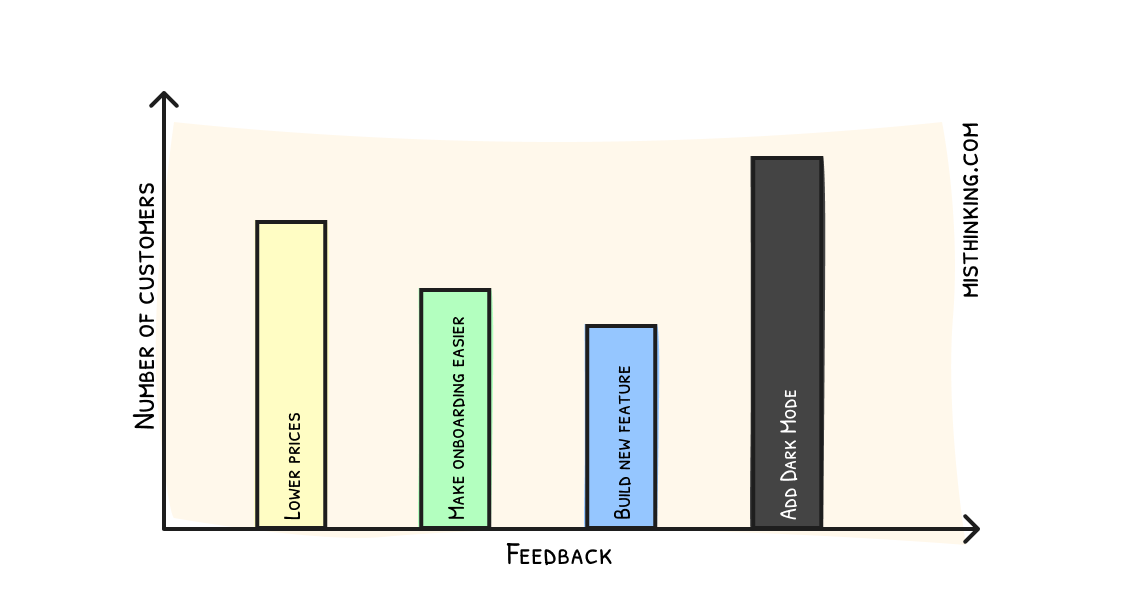Thinking is easy, right?
Nope.
Thinking is work.
Misthinking, on the other hand, is easy. Because our minds are lazy as heck — always finding shortcuts.
Shortcuts are great in some situations, like the one below.
It deosn't mttaer in waht oredr the ltteers in a wrod are, the olny iprmoetnt tihng is taht the frist and lsat ltteer be at the rghit pclae. The rset can be a toatl mses and you can sitll raed it wouthit porbelm. Tihs is bcuseae the huamn mnid deos not raed ervey lteter by istlef, but the wrod as a wlohe.
[When shortcuts are amazing!]
Could you read this paragraph even though the spellings are all jumbled up?
Your mind has learned the shortcut of using the first and the last letter of a word and deducing the word itself.
But…
Shortcuts also fail us.
See these revolving and moving things in the GIF below?

[When shortcuts fail us.]
Nothing really is moving!
The pattern tricks our minds into believing otherwise. It's not even a GIF; just a photo.
Eyes vs Mind
It's not our eyes that's tricking us. It's our mind trolling us.
Our eyes can only carry information to your mind. Then, it's our mind that is failing to process the information correctly due to learned shortcuts over time.
Optical illusions are fun failures of the mind.
Not all failures are fun, however.
Entire careers, a boatload of money, or human lives are on the line, and one has to make the right decision based on the available information.
By default, our minds would use all available shortcuts to reach the seemingly-right decision, and of course, it'd be the wrong one.
Our minds would misthink!
Do you want to experience your mind failing?
Experience it yourself
Here is a puzzle for you —
Imagine you are an entrepreneur running a SaaS startup with one big hole — every month, 100 new customers join, and 60 existing customers cancel their accounts.
Your friend, who has read every essay by Paul Graham, suggests, "Just talk to your users!"
You beat yourself up for not thinking of it yourself, but nevertheless, you send an email to your most loyal customers asking:

Lucky for you, your loyal customers were quick to give feedback.

You spend days and nights building the required features (and adding the dark mode).
The question for you is — when a new month comes in, how many existing customers will cancel their accounts this month? (Reminder: 60 customers used to cancel their accounts before the changes.)
- Option A: None of them
- Option B: Less than 60
- Option C: 60
- Option D: More than 60
Make a choice and reveal my prediction below.
You picked option B but also wonder, "There must be some trick to the question!"
You are right that there's some trick involved. It's not the question that is playing the trick; it's our mind.
The correct answer is Option C — 60.
Yes, this time around, like before, 60 of the existing customers will cancel their accounts (especially the ones who asked for the Dark Mode).
But why?
Didn't you fix all the shortcomings in your product?
Why did you fail?
You talked to the wrong users. You sent an email to the users who are your customers despite the shortcomings in your product, not the ones who cancelled their accounts.
Emailing the ones who cancelled their accounts would have told you that "slow customer support" was the real reason.
If you would have simply improved the customer support, and left the product untouched, you could have solved the problem.
It's misthinking when you deduce conclusions from the right kind of data collected from the wrong sources.
Often, dead data is more useful than the one that survived.
That is just one example of misthinking; there are countless!
And…
They are easy to avoid.
Just like optical illusions, once you know how it's working, you'll not be fooled by them anymore.
Misthinking 101 is a free collection of more such examples that you can receive by email — one every day for the next seven days.
Each example explains a unique kind of shortcut our minds take, how it leads to a stupid decision, and how to avoid it.

Size matters
Day 1

The thing that makes stupid decisions seem smart
Day 2

It must be true because I remember. Wrong!
Day 3

Inverted information reveals the truth
Day 4

Shy salespeople
Day 5

Everything is average
Day 6

Trolled by randomness
Day 7
You'll unlock a superpower in about 2 minutes a day for the next 7 days — to think through things.
And with great power comes great freedom.
I'll see you on the other side!
👋